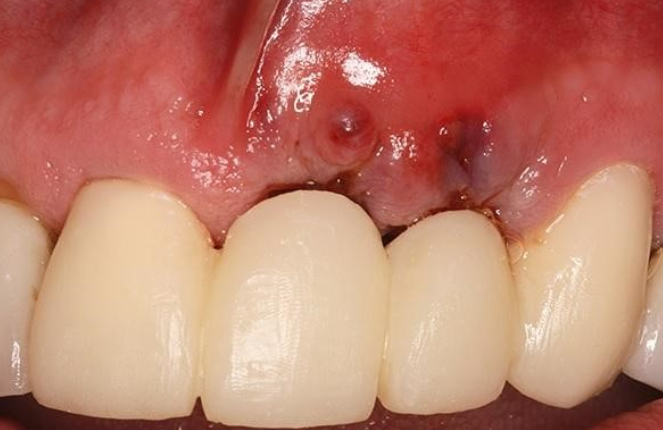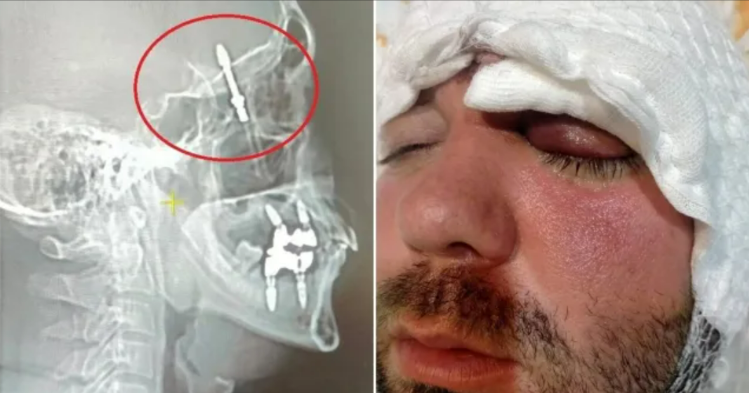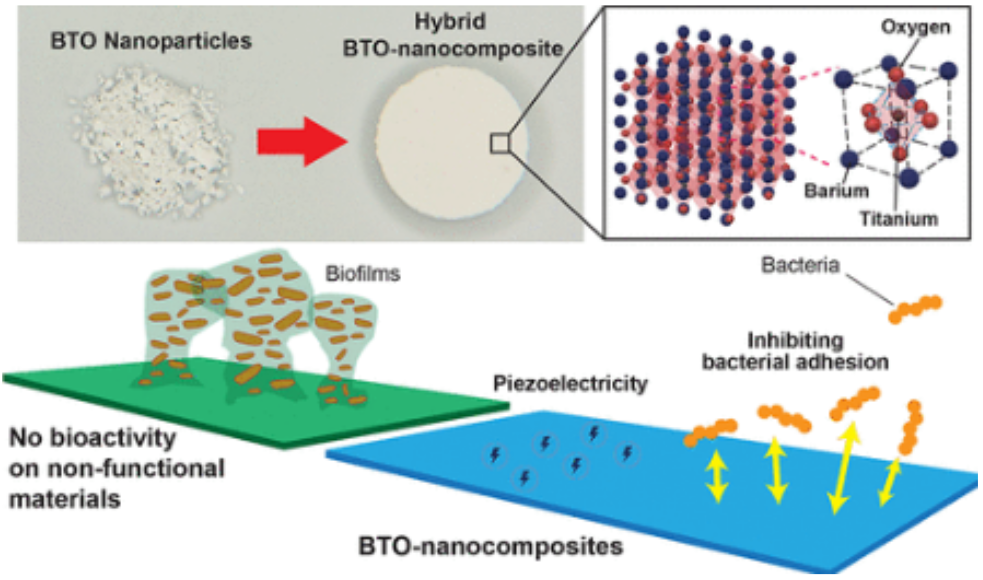How to Convince Patients to Properly Care for Implant-supported Dentures

Dentists often encounter misunderstandings and even resistance from patients when conveying the need for more meticulous care of implant-supported dentures than natural teeth. Unfortunately, statistics reveal that peri-implantitis is frequently caused by the accumulation of food residues and plaque around the implant neck. Regrettably, doctors’ recommendations and regular dental office observation and cleaning visits are often ignored.
We have compiled several effective strategies to help dentists convince patients that proper dental prosthetics care and regular dental visits are essential decisions.
- Individualized Approach: Unfortunately, negative motivation often works best. For example, explaining to patients how much money they will spend on correcting the consequences of inadequate care is more effective than explaining how good their smile will look with healthy, pink gums. However, some patients are genuinely concerned about their health. For them, it’s enough to explain that bacterial colonies accumulate around implants, causing inflammation of soft tissues and, subsequently, bone around the implant..

. - Visualization of Consequences: It is one of the effective ways to convince. The use of visual materials, such as before and after photos, helps patients better understand the consequences of improper care and encourages them to follow recommendations.
- Education and Information: Some patients believe that since they have artificial teeth and are not susceptible to cavities, they can clean their teeth less often. Explaining that peri-implantitis is much more unpleasant than cavities and that a titanium implant is a conductor connecting the sterile environment of the body with the non-sterile environment of the oral cavity can encourage more frequent dental visits.
The information should be comprehensive, but make sure it is in a form understandable to the patient, as most of them do not have medical education. Understanding the degree of personal responsibility forms a more responsible attitude towards the health of patients. - Use of Modern Technologies: Some dentists insist on automatic reminders, both in the form of messages and short video messages, accompanying each stage of prosthetic integration. Such dentists have far fewer cases where a patient suddenly disappears after the installation of a temporary prosthesis.
By employing these strategies, dentists can successfully convince patients of the importance of proper care for implant-supported prostheses, ultimately leading to improved patient health and a reduced risk of complications.











